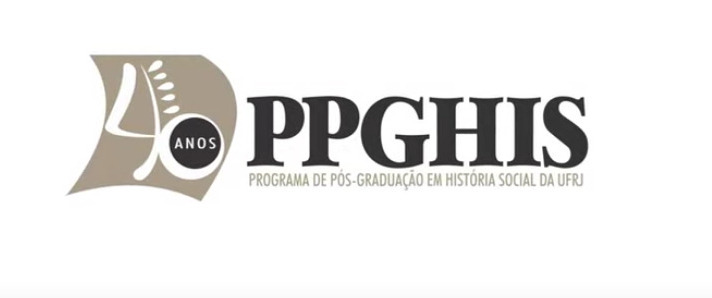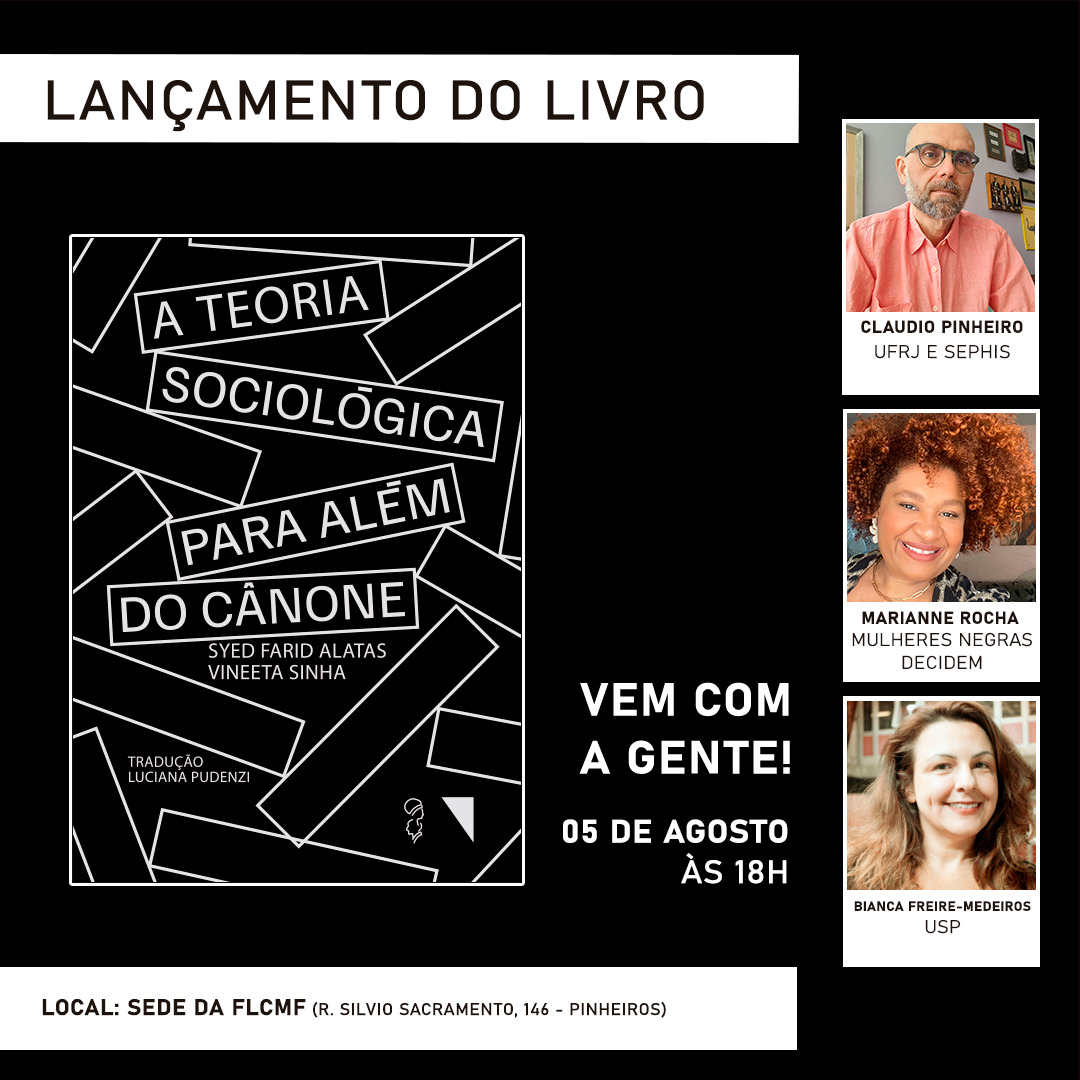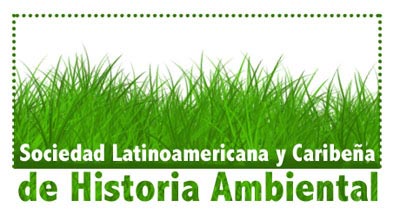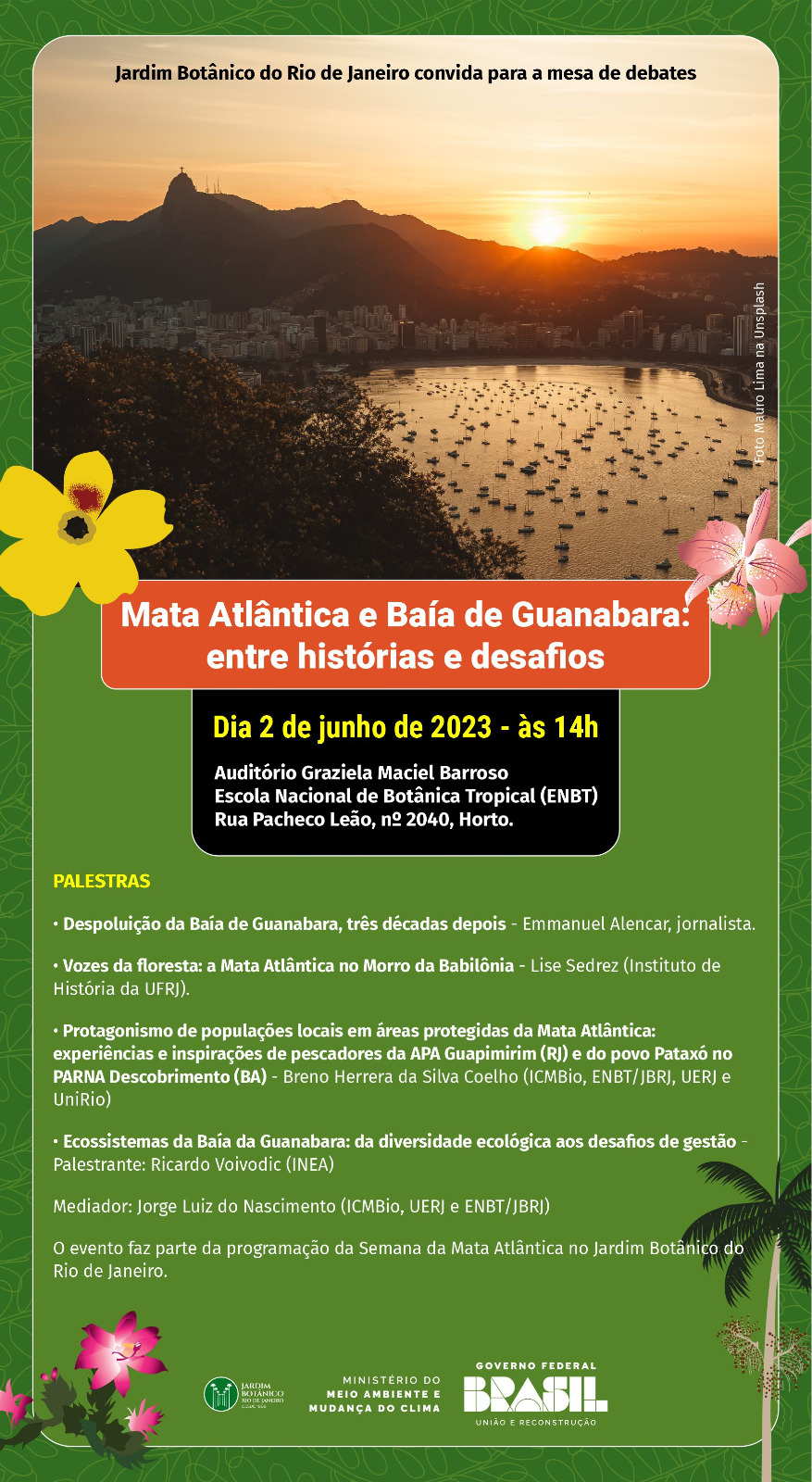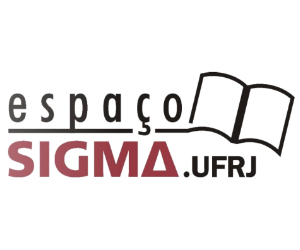Atualização (29/11): listagem atualizada com os resultados finais, após a apreciação dos recursos.
Segue abaixo a lista, em ordem alfabética, dos candidatos aprovados na etapa de avaliação dos projetos para o doutorado.
Os pedidos de recursos dos resultados da primeira etapa devem ser encaminhados para o e-mail inscricoesppghis@gmail.com, até às 16 h. do dia 28/11.
Os(as) candidatos(as) que constam na lista dos(as) aprovados(as) farão a prova escrita na sexta-feira 1/12 na sala 106. A prova começará às 9 h., devendo os candidatos chegar com 30 minutos de antecedência, conforme o edital.

